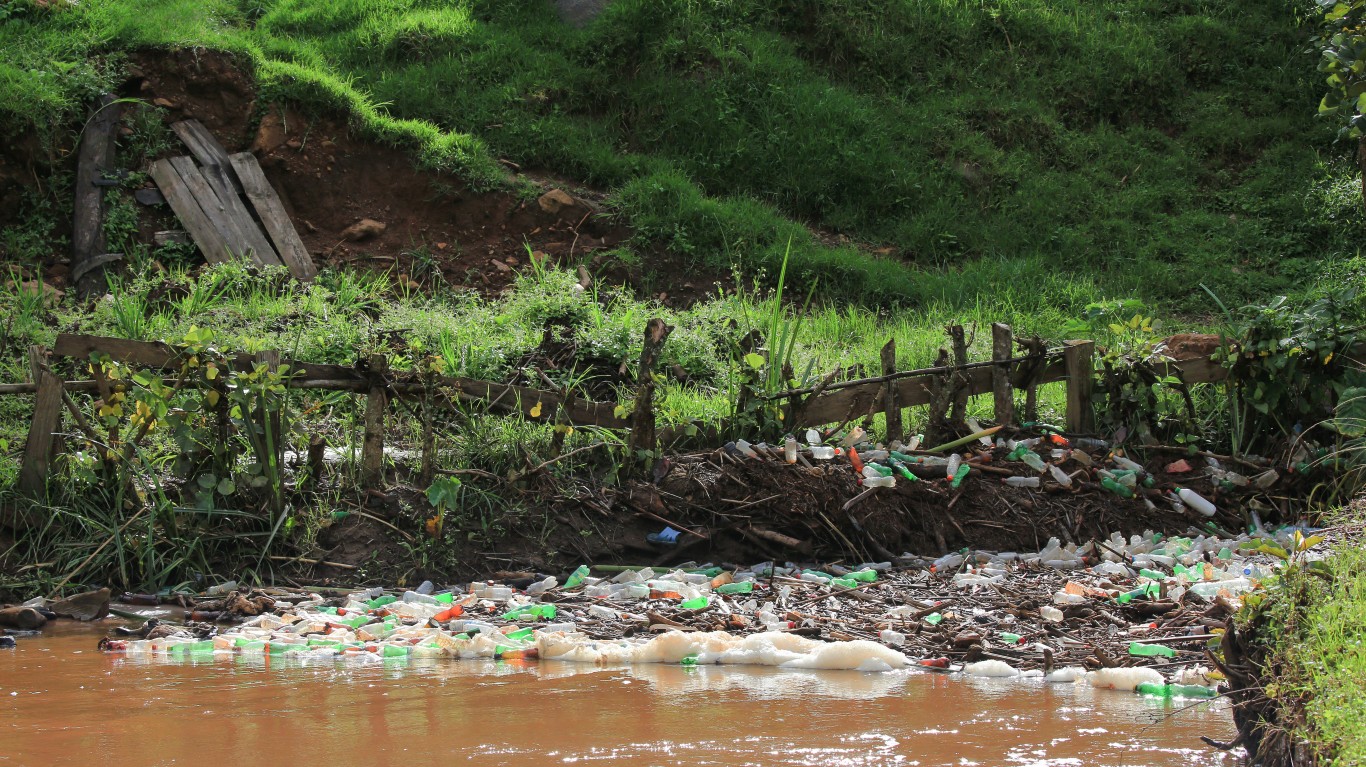
Not so many years ago, reports of piracy offshore of Somalia were both common and well-reported. In 2015 and through the first three quarters of 2016, there have been exactly zero reports of piracy events near Somalia. But the number of incidents in 2016 has jumped to 31 offshore of Nigeria, up from 12 in all of 2015.
At a U.S.-sponsored conference on sea security in Ivory Coast this week, U.S. Charge d’Affaires Andrew Haviland urged the 15 West African nations from Senegal to Angola to begin developing national strategies to combat rising piracy in the Gulf of Guinea and north along the coast to Senegal.
So far this year only one attack has been reported against a crude oil tanker. According to the report filed with the International Maritime Bureau (IMB), this is what happened:
Around 110NM SW of Bayelsa, Nigeria. While underway, a crude oil tanker spotted a suspicious skiff approaching from astern. The Master informed the escort vessel which fired warning shots resulting in the skiff aborting and moving away. All crew and vessel safe.
Four attacks against bulk carriers — all of which were anchored at the time — have also been reported. Other reported attacks this year have involved theft of ships’ goods. According to IMB’s piracy and armed robbery report for 2017, there have been no attempted hijackings with ships being held for ransom.
Another hotspot for piracy is Indonesia, which saw 86 attacks in 2015. That number had declined to 33 in the first three quarters of 2016. The threat to sea traffic in the South China Sea is severe enough to have prodded Japan into offering its help in the form of five surveillance planes to the Philippines defense forces. In 2015, 71% of global piracy cases occurred in Southeast Asia.
Because crude oil tankers from the Middle East travel through the South China Sea on their way to Chinese ports, China also has a security interest in the region. Philippine President Rodrigo Duterte has already asked for China’s help in patrolling the Sulu Sea in an effort to prevent the waters around Southeast Asia from becoming the next Somalia.
Thank you for reading! Have some feedback for us?
Contact the 24/7 Wall St. editorial team.


